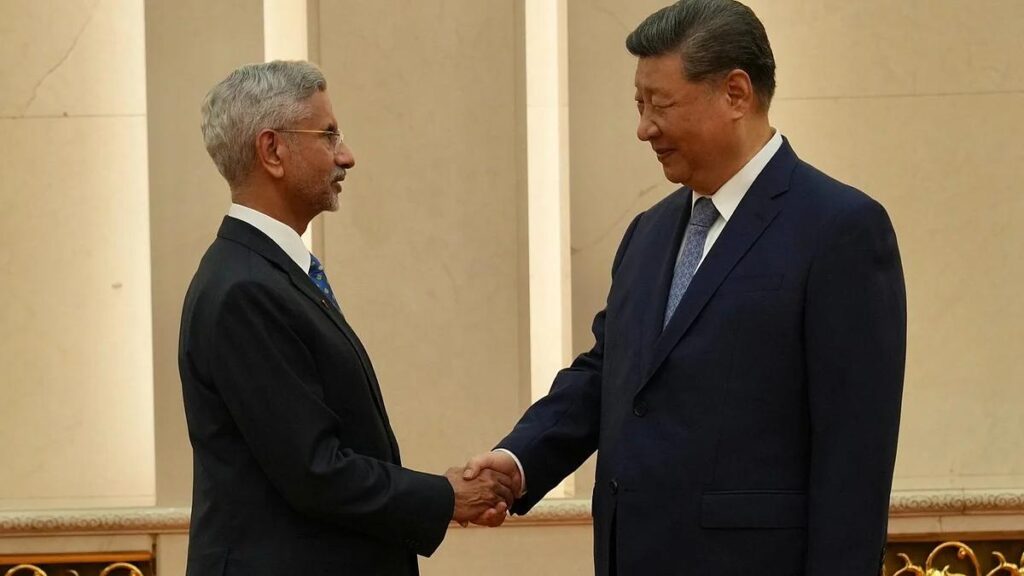EAM Running ‘Full-Blown Circus’ to Undermine India’s Diplomacy: Rahul Gandhi on Jaishankar-Xi Meeting
Recent interactions between External Affairs Minister S. Jaishankar and Chinese President Xi Jinping have sparked controversy, with Congress leader Rahul Gandhi criticizing Jaishankar’s approach towards India’s foreign policy. Gandhi expressed skepticism, suggesting that the Chinese Foreign Minister may brief Prime Minister Modi on developments in the India-China relationship.
The Congress party has urged for a parliamentary discussion on China, drawing parallels to historical debates on border issues, particularly referencing the 1962 Chinese invasion. Gandhi’s comments reflect concerns over the perceived direction of India’s foreign relations strategy.
Challenges in India-China Relations
During a recent meeting with China’s Vice President Han Zheng, Jaishankar highlighted improvements in bilateral ties since discussions between Prime Minister Modi and President Xi in Kazan. However, Congress leaders have raised alarm over China’s support for Pakistan’s military advancements and its impact on regional dynamics.
Notably, Lt. Gen. Rahul R Singh highlighted the complexities of India’s strategic position, emphasizing the need for vigilance in light of China’s military support to Pakistan. Concerns over trade imbalances, strategic exports, and workforce dynamics further underscore the intricate nature of India’s economic and security relationship with China.
Parliamentary Accountability and National Security
The Congress party’s call for a comprehensive dialogue on China reflects broader concerns about transparency and accountability in India’s foreign policy decisions. Emphasizing the need for public engagement, Congress representatives seek to address critical security and economic implications arising from China’s global influence.
Questions surrounding recent security breaches, economic dependencies, and geopolitical alignments underscore the evolving nature of India’s strategic challenges. The demand for a nuanced approach to China policy highlights the complexities of managing diplomatic relationships amidst shifting global dynamics.
Looking Ahead
As India navigates a complex geopolitical landscape, the role of parliamentary discourse and public awareness in shaping foreign policy decisions becomes increasingly vital. The debate on China reflects a broader quest for clarity, coherence, and strategic foresight in safeguarding national interests amidst evolving regional dynamics.
Addressing the need for proactive engagement and informed decision-making, the discourse on India-China relations underscores the imperative of balancing economic interests, security considerations, and diplomatic exigencies in charting a resilient foreign policy course.


